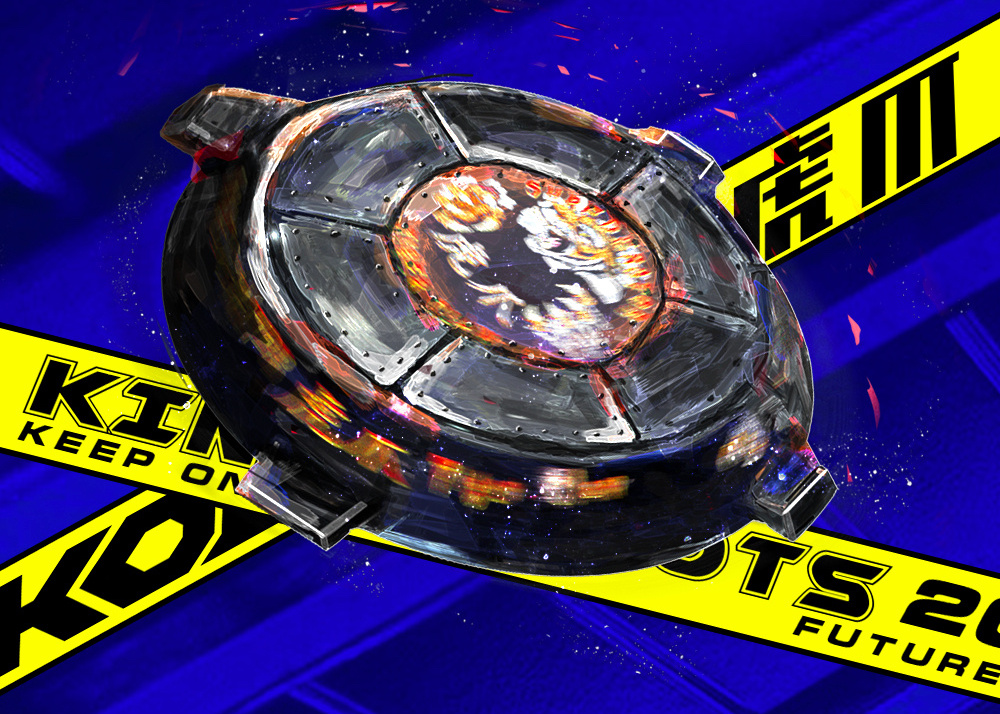Part of a flyer advertising The Makers’ offline robot combat competition, King of Bots. Image credit: The Makers/Weibo
What do fighting robots and hip hop have in common? According to the CEO of media company The Makers (创客星球), Archie Ru, they’re both niche interests with the potential to gain big audiences among China’s youth.
Ru’s referring, of course, to how hip hop fever swept the nation after streaming platform iQiyi released its surprise hit show Rap of China last year. The series kickstarted previously unknown artists’ careers while introducing new fashions and phrases to Chinese audiences.
This past April, Ru’s company partnered with streaming site Youku to launch a tech-centered reality TV show, This Is Fighting Robots (这!是铁甲). With over 1.8 billion hits and favorable online ratings, it may not be as viral as Kris Wu’s face but it could make robot combat cool again.

At least, that Ru’s hope. In an interview at TechCrunch Shenzhen 2018, he tells Technode that he wants to bring makers’ unique DIY philosophy to a younger crowd. As a media company head, it’s just a matter of figuring out “what kind of product is best suited to spread maker culture.”
For now, that product appears to be robot-fighting competitions. But it’s not just about bouts of bot-bashing, Ru tells us. Through watching the show, viewers can learn more about the teams behind the machines, and eventually, the wider community to which they belong.
The Makers also create other tech shows in other formats and topics, and hold offline events. Which include, of course, bot standoffs.
Past competitors haven’t only been restricted to China’s biggest cities, where much official support for makerspaces and incubators has previously been aimed. According to Ru, robot-building competitors have included students and hobbyists from second- and third-tier cities and once, memorably, a former banana farmer.
 Image credit: Bailey Hu/TechNode
Image credit: Bailey Hu/TechNode
Maker culture “doesn’t limit different characters and backgrounds,” Ru tells us proudly.
In the end, he says, “it’s not as hard as you think” to get people interested in a niche interest. Audience members, especially young ones, are often drawn to “new audiovisuals, new stories, new technologies.”
With shows like This Is Fighting Robots, Ru’s eventual aim is to turn local maker culture from an arena for hobbyists into a large-scale, commercially viable movement.
Surprisingly, Ru sees the cooling-down of China’s maker boom—which has spawned over 200 makerspaces in Shenzhen over seven years—as a good thing. He thinks it’ll help the movement focus more on its core values.
After all, The Makers’ founding principle is to spread the gospel of innovation and collaboration. As Ru stated at a TechCrunch panel, before pursuing business ambitions “you need to respect the culture you’re spreading.”
–This article originally appeared on Technode.








